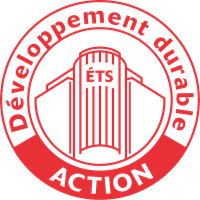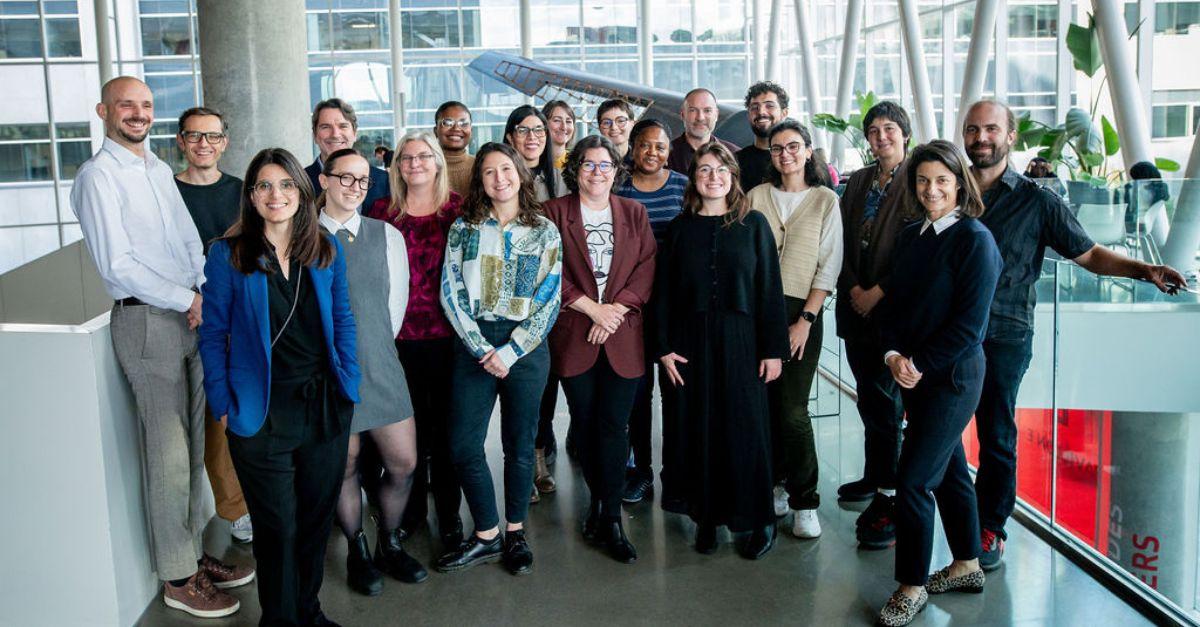Center for Intersectoral Studies and Research on the Circular Economy
Established in 2020 at École de technologie supérieure, CERIEC is a unique research and experimentation space for researchers and students in engineering and other disciplines.
Mission
CERIEC is committed to help shape and implement a circular economy through an interdisciplinary scientific research program and through training, discussion, promotion, and knowledge transfer initiatives aimed at maximizing the benefits for economic stakeholders, governments, and civil society.
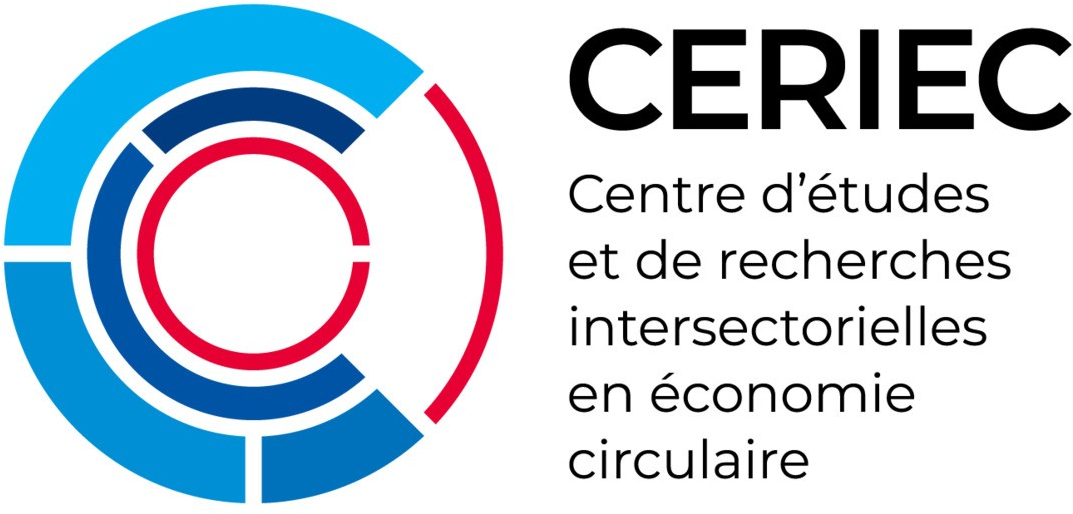
To contribute to knowledge advancement and foster the development and deployment of solutions (practices, business models, innovative technologies) for circularization and improved resource usage, CERIEC is establishing an ecosystem of circular economy acceleration laboratories (ELEC). CERIEC also coordinates the Québec Circular Economy Research Network (RRECQ).
The United Nations Environment Programme considers the circular economy to be a response to the need to decouple economic growth from environmental impacts, with the aim of supporting the development of nations while contributing to the well-being of individuals and communities.
To learn more about circular economy, visit our reference platform.
Des livres inspirants pour soigner notre planète
Building Bridges to Design the Products of the Future
Three sides of intervention
Contributing to the advancement of knowledge and increase the capacity for interdisciplinary research and innovation in solutions, business models and technologies, thus contributing to a sustainable circular economy.
Training a highly qualified workforce capable of supporting the transition to a circular economy is one of CERIEC’s core objectives, both in terms of academic and external training.
Maintain an ongoing dialogue with civil society stakeholders to focus research and training on their needs, in addition to guiding public policies.
Research and innovation
An integrative approach: Circular economy living labs
To initiate and accelerate the transition of various sectors and industries to a circular economy, CERIEC is developing an ecosystem of circular economy acceleration laboratories (ELEC). Combining science and practice, they allow us to co-create and test state-of-the-art solutions that reflect the real issues and needs of Québec society and apply them to communities and the academic world.
Deploying a circular economy requires a systemic approach and unprecedented collaboration between stakeholders. These individuals from diverse backgrounds need to be supported by an action-oriented methodology that enables common goals, methods, tools, and specific indicators to be established, many of which still need to be co-created and tested.
Members of the steering committee:
- Isabelle Gagnon, Director governance for SMEs, Desjardins
- Pauline d'Amboise, Secretary General and Vice-President of Governance and Sustainable Development, Desjardins
- Jean Belzile, Director of Strategic Development and Resources, ÉTS
- Jocelyn Blériot, Executive officer, Ellen MacArthur Foundation
- Stéphanie Cairns, Director, Circular Economy, Smart Prosperity Institute
- Michel Cantin, VP Business Development, Desjardins
- Richard Chénier, CEO, CENTECH
- Genevieve David Watson, Policy Advisor, Environment, Climate Change and Sustainable Development, UMQ
- Véronique Doucet, Director of the Service du développement économique, Ville de Montréal
- Sonia Gagné, CEO, RECYC-QUÉBEC
- Marie-Eve Harvey, Director General, Policy, Economic intelligence and Results Branch, CED for Quebec Regions
- Hélène Lauzon, President and CEO, CPEQ
- Raphaël Leblanc, President, TribuTerre
- Annie Levasseur, Scientific Director, CERIEC and Professor, ÉTS
- Claude Maheux-Picard, DG, CTTEI
- Solen Martin Déry, Transfer Advisor, TIESS
- Vincent Moreau, Executive Vice President, Écotech Québec
- Audrey Murray, President, CPMT and Conseil emploi métropole
- Stéphane Pigeon, Director of Green Economy and Logistic, MEI
- Catherine Simard, Director, Investment Stewardship, CDPQ
- Amélie St-Laurent Samuel, Director, Partnerships and Strategic Development, FAQDD
- Martin Vaillancourt, DG, RNCREQ
The Steering Committee is led by Daniel Normandin, Director of CERIEC and Chantal Rossignol, ELEC Coordinator. Its mandate is to ensure that ELEC acts as a structuring initiative for the deployment of circular economy with real benefits for the environment, society and the economy.
There are three active labs within ELEC
- The Construction Lab: Visit the resource platform (in French)
- The Food Systems Lab: Visit the website (in French)
- The Textiles Lab: Contact the project manager
The ecosystem of circular economy acceleration laboratories is a partnership between Desjardins Group and CERIEC.
The acceleration laboratories use an approach developed by CERIEC based on co-creation and conducting experiments in the field. Through workshops, the labs engage key stakeholders in research as well as public, private, and civil society, representing the value chain of a given industry or sector, from resource extraction to the end of the product life cycle, in order to do the following:
- Co-imagine a vision of the circular industry or sector in question.
- Co-identify barriers related to resource circularity and find solutions.
- Co-create possible ways to remove the barriers identified.
- Co-develop experimental projects to test those solutions in the field.

Bringing together research strengths
CERIEC is coordinating the Québec Circular Economy Research Network (RRECQ). Announced in July 2021 thanks to the support of the Fonds de recherche du Québec (FRQ), the RRECQ brings together research strengths aimed at building capacity to deploy circular economy strategies at the scale of industrial sectors and territories, supported by coherent government policies, in a perspective of sustainable transition for society.
Focused on action research and collaboration with stakeholders, this network is an additional asset in the Québec ecosystem to develop knowledge, skills, practices and technologies around circular economy.
The Network is the result of a collaboration between HEC Montréal, ÉTS, Université Laval and Polytechnique Montréal, supported by CERIEC. The scientific program of the RRECQ is organized around four research axis:
- Axis 1: Change and transition management | Holder: Emmanuel Raufflet, HEC | Co-responsible: Myriam Ertz, UQAC
- Axis 2: Optimization of the planning | Holder: Marc Journeault, Université Laval | Co-responsible: Mourad Ben Amor, Université de Sherbrooke
- Axis 3: Maximization of resources and services | Holder: Mathias Glaus, ÉTS | Co-responsible: Cécile Fonrouge, UQTR
- Axis 4: Policy levers | Holder: Sophie Bernard, Polytechnique Montréal | Co-responsible: Fanny Tremblay-Racicot, ENAP
Education and Training
Academic training
In collaboration with the faculty, the CERIEC team is developing strategies, approaches, and teaching tools to facilitate the integration of circular economy concepts and practices into existing training programs and also to develop new training courses. A teaching toolbox has been designed to optimize the training provided at all levels. This ever-evolving resource centre is available to all ÉTS faculty.
CERIEC is working with RRECQ to provide a free online introductory circular economy course: “Circular Economy: An Inevitable Transition” (course in French only).
Intended for people from all walks of life, whether they are members of the general public, professionals, decision makers, students, researchers or teachers, this four-module course is for anyone who wants to learn about the concept of the circular economy. Participants are asked to rethink the production-consumption system they participate in on a daily basis, to question the linear model, and to explore how to implement circularity within an organization, sector, or geographical area.
The summer school course “Circular Economy: An Inevitable Transition” (webpage and course in French only) has been a success since 2016. New content and lessons learned from engineering experiments, with contributions from CERIEC and ÉTS researchers, have been added. In collaboration with RRECQ and ÉTS Formation, CERIEC has been running a summer school program on the ÉTS campus since 2023.
The course objective is to present the foundations and principles of the circular economy model for those who want to deepen their understanding of it, learn about implementation mechanisms, and identify the limitations of the production/consumption model.
Vocational training
In a joint effort with ÉTS Formation, CERIEC is developing training courses geared towards engineering and management professionals in particular.
The two-day course PERF 767 Circular economy: How to transform your organization (webpage and course in French only) provides participants with a better understanding of the principles and strategies of circularity and, based on a preliminary diagnosis targeted to their context, enables them to draw up the blueprint of an action plan for their business and the planet.
In addition, CERIEC designs and implements customized training programs, either on its own or in collaboration with other stakeholders in the Québec ecosystem. Whether online or in-person, these courses vary in scope, from introductory conceptual courses to the co-construction of tailor-made, comprehensive workshops or training programs.
For example, the training tour “Accelerating Québec’s transition to a circular economy” (webpage in French) was designed and implemented in collaboration with Fédération des chambres de commerce du Québec and several other partners. This extensive program involved businesses and organizations in Québec’s 17 regions between September 2021 and summer 2022.
Dialogue and knowledge transfer
QuébecCirculaire.org: the reference platform for Quebec's transition to circular economy
Québec Circulaire is part of an international francophone network in circular economy, which gathers several collaborative and interconnected platforms from Canada, France and Switzerland. This knowledge ecosystem acts as an effective social network for servicing projects and multi-actor cooperation in the territories.
Team
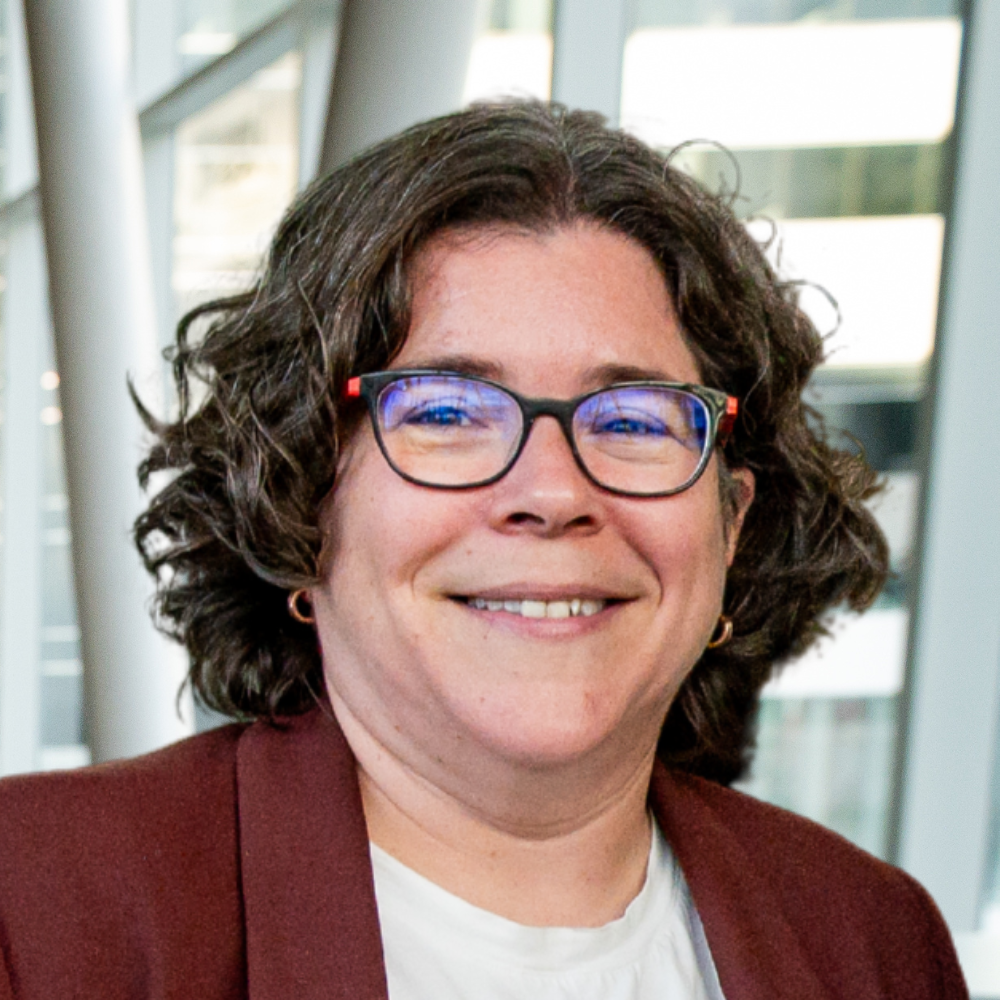
Annie Levasseur
Scientific Director
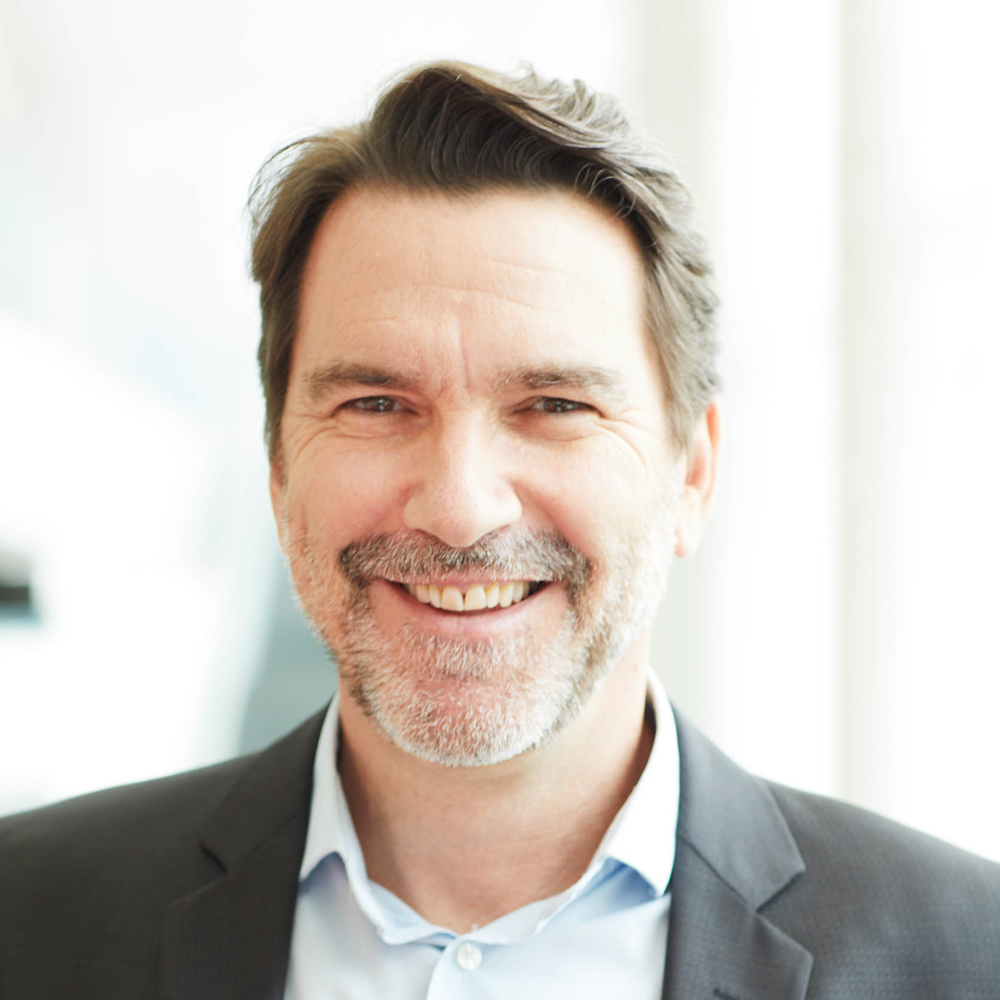
Daniel Normandin
Director
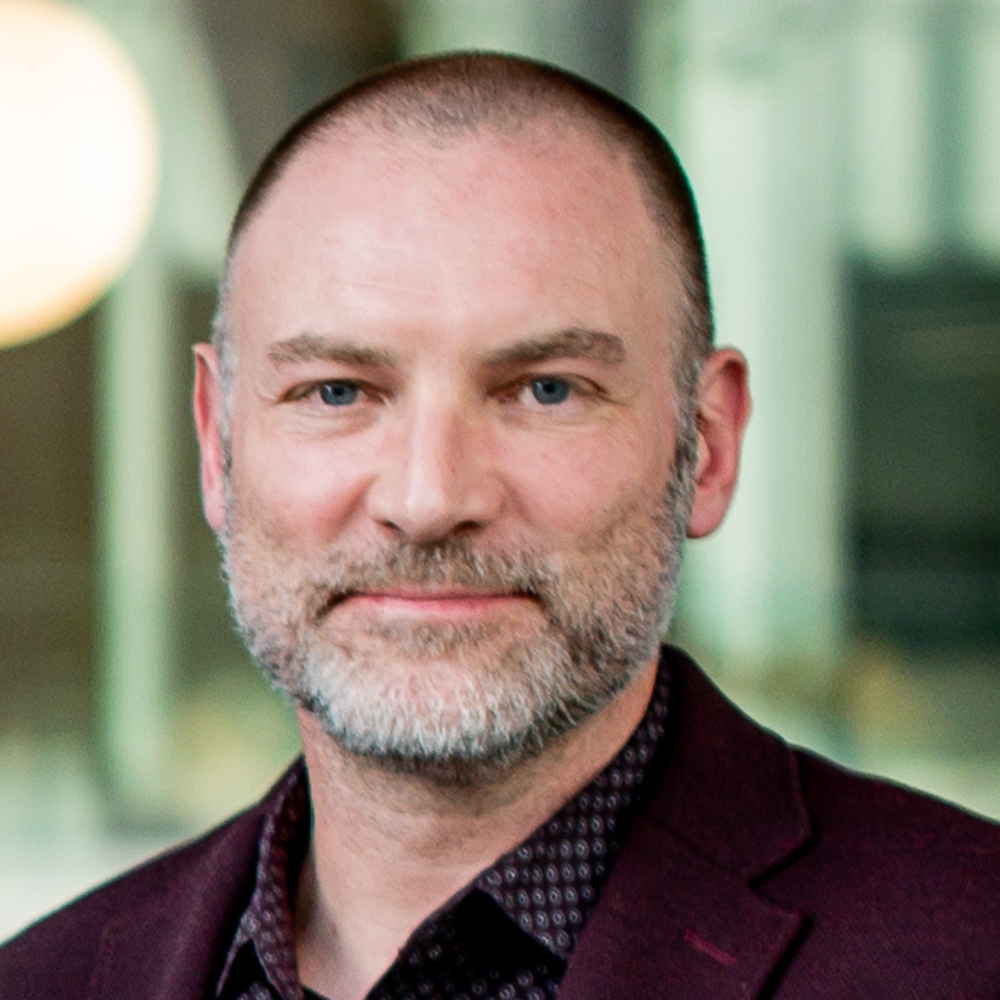
Benjamin Laplatte
Assistant Director
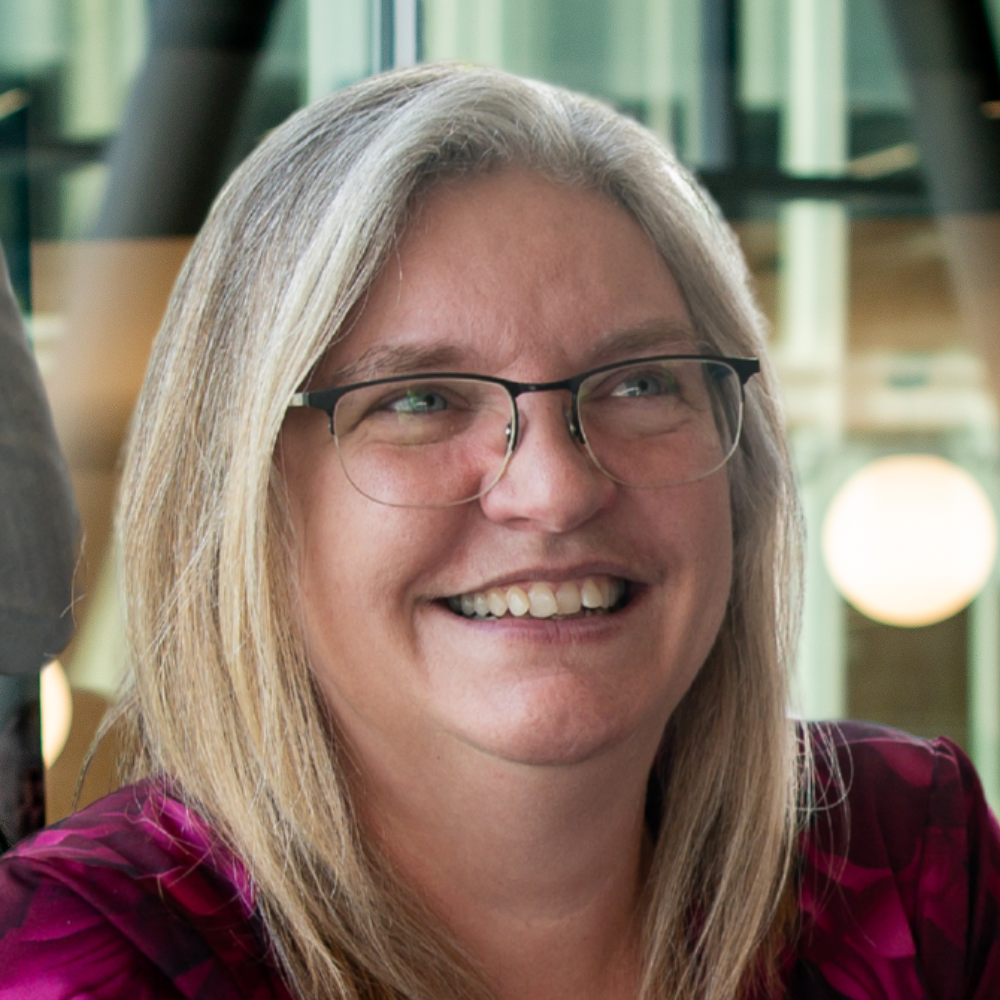
Annie Monette
Executive Secretary
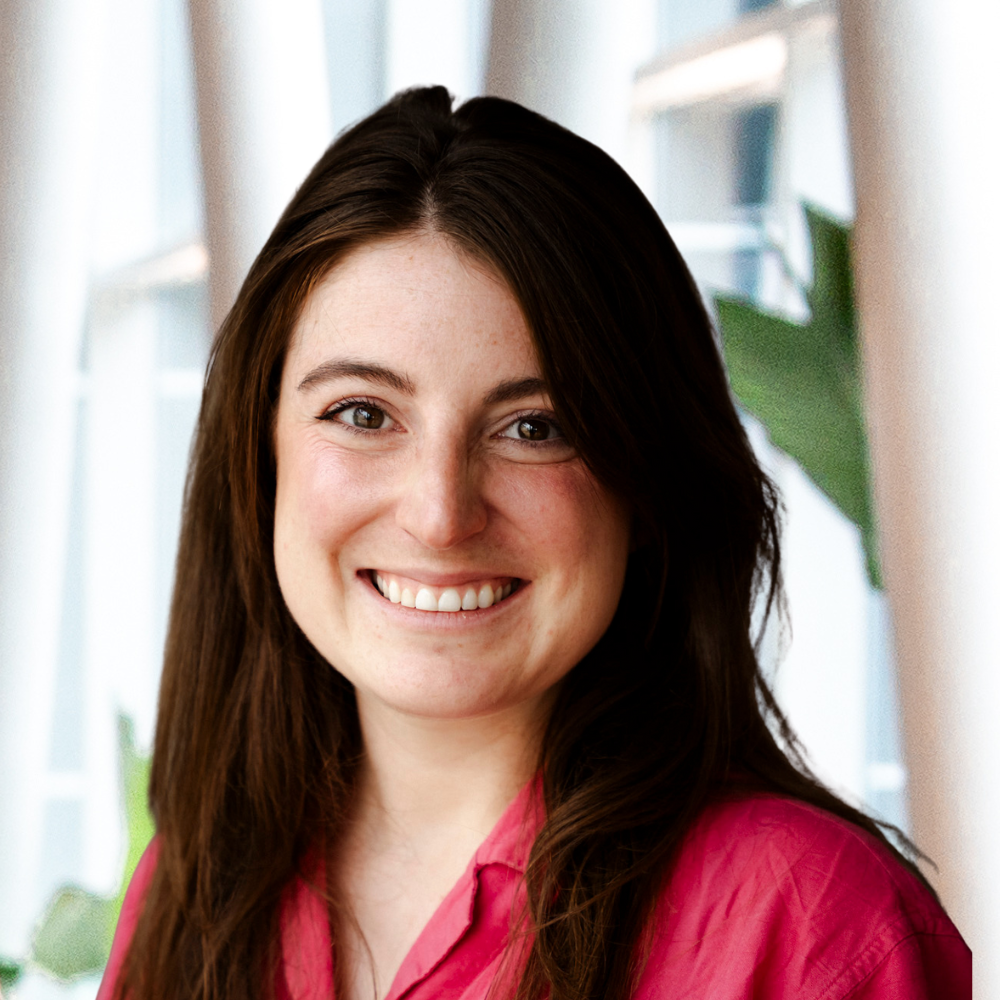
Émilie Chiasson
Communications Advisor
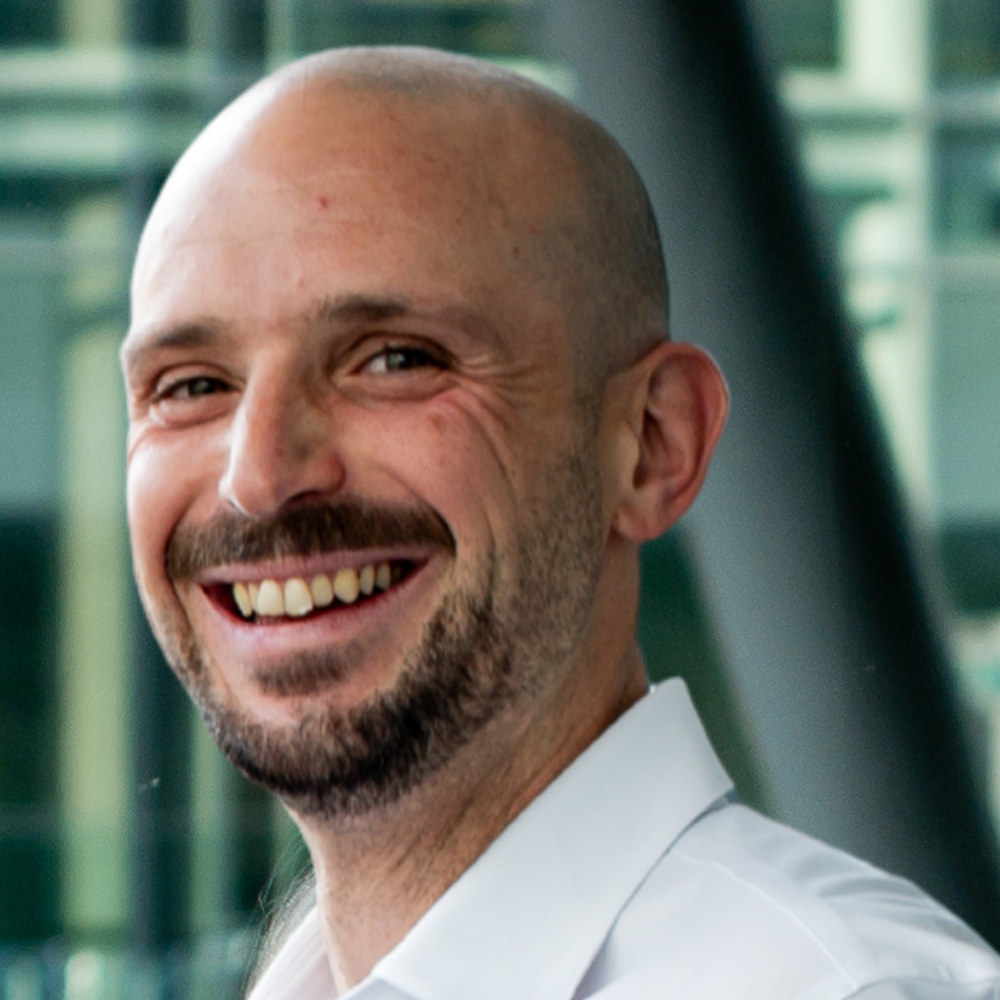
Riadh Mestiri
Training Coordinator
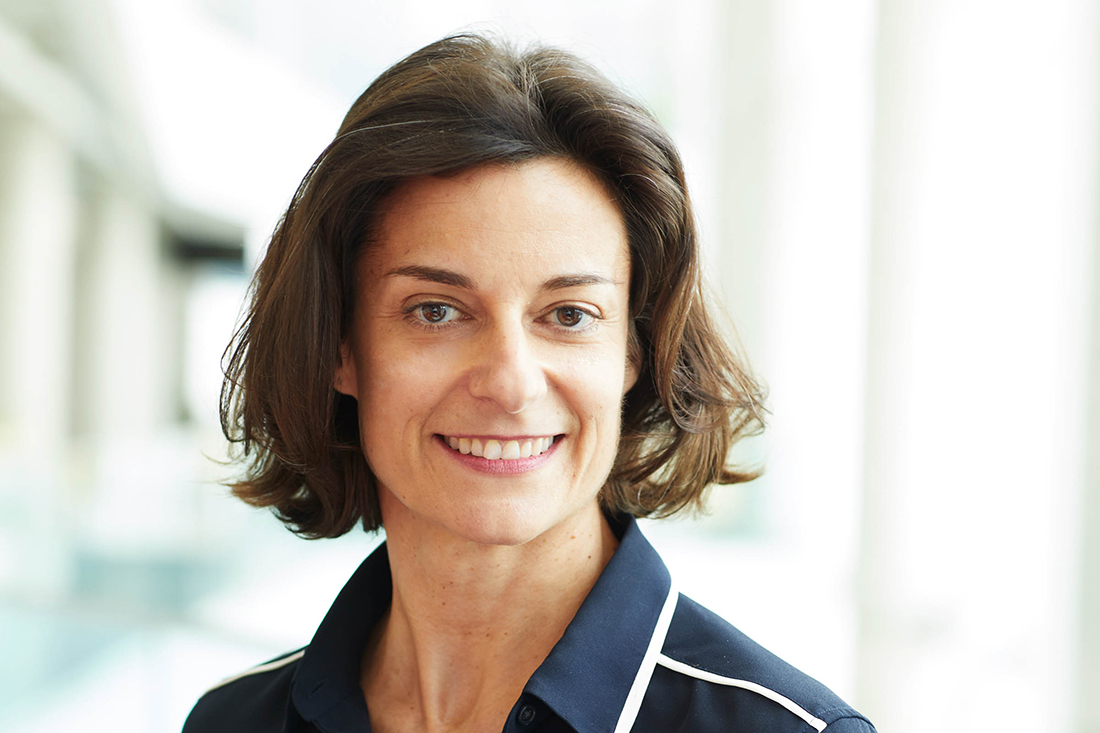
Chantal Rossignol
Coordinator, Network of Circular Economy Living Labs

Hortense Montoux
Project Manager - Circular Construction
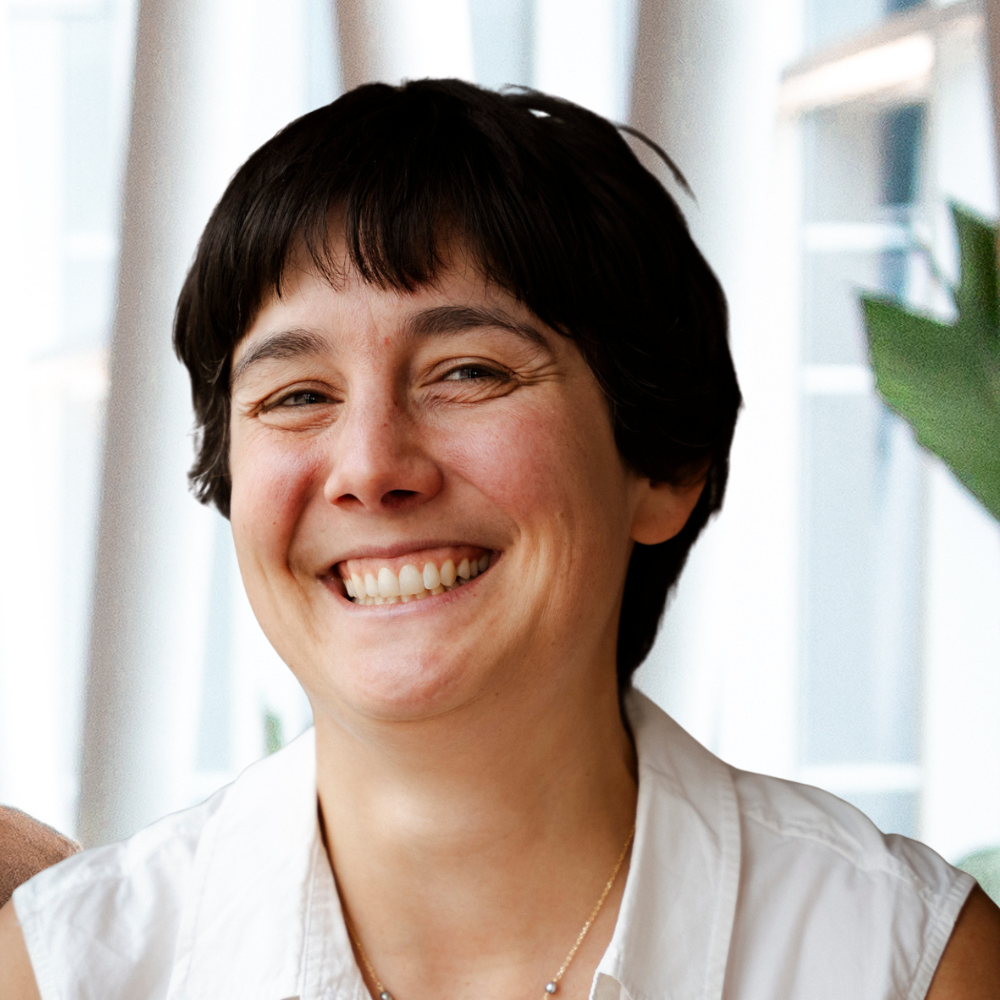
Alice Rabisse
Project Manager - Circular Construction
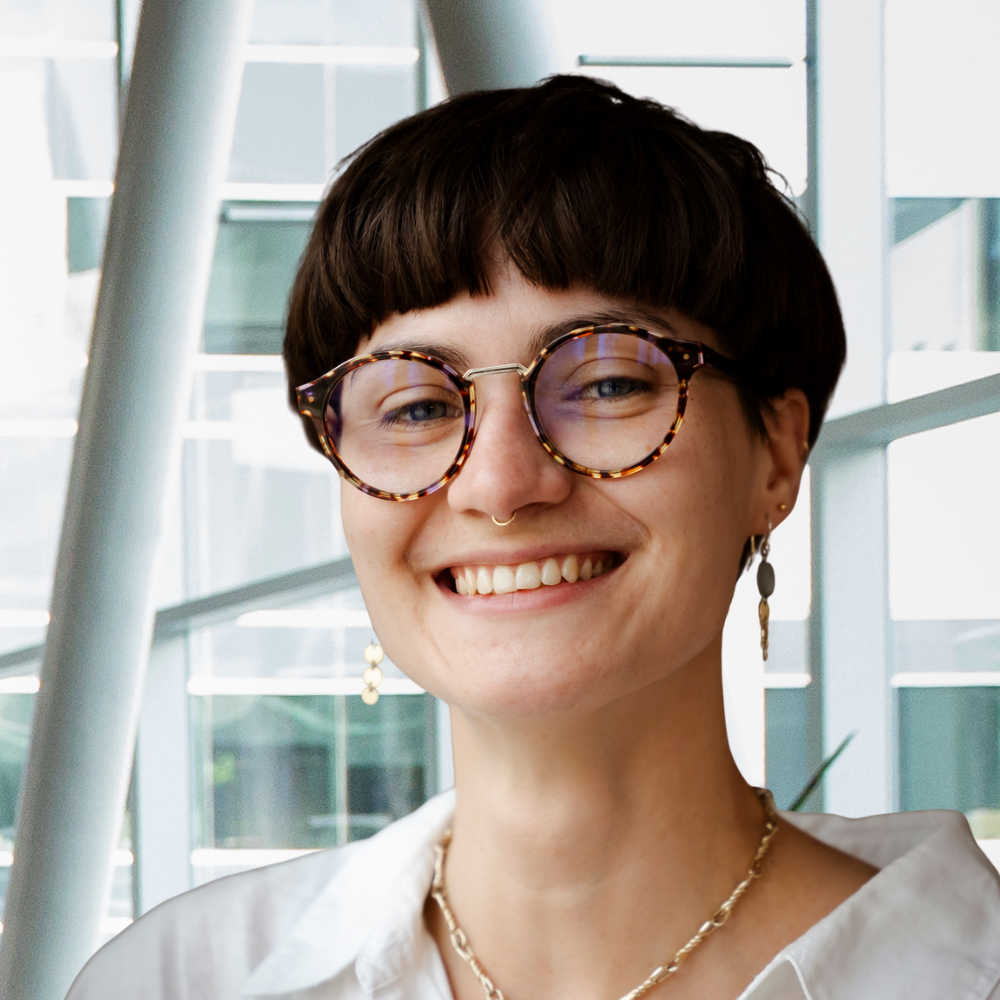
Éléonore Nouel
Project Manager - Circular Food Systems
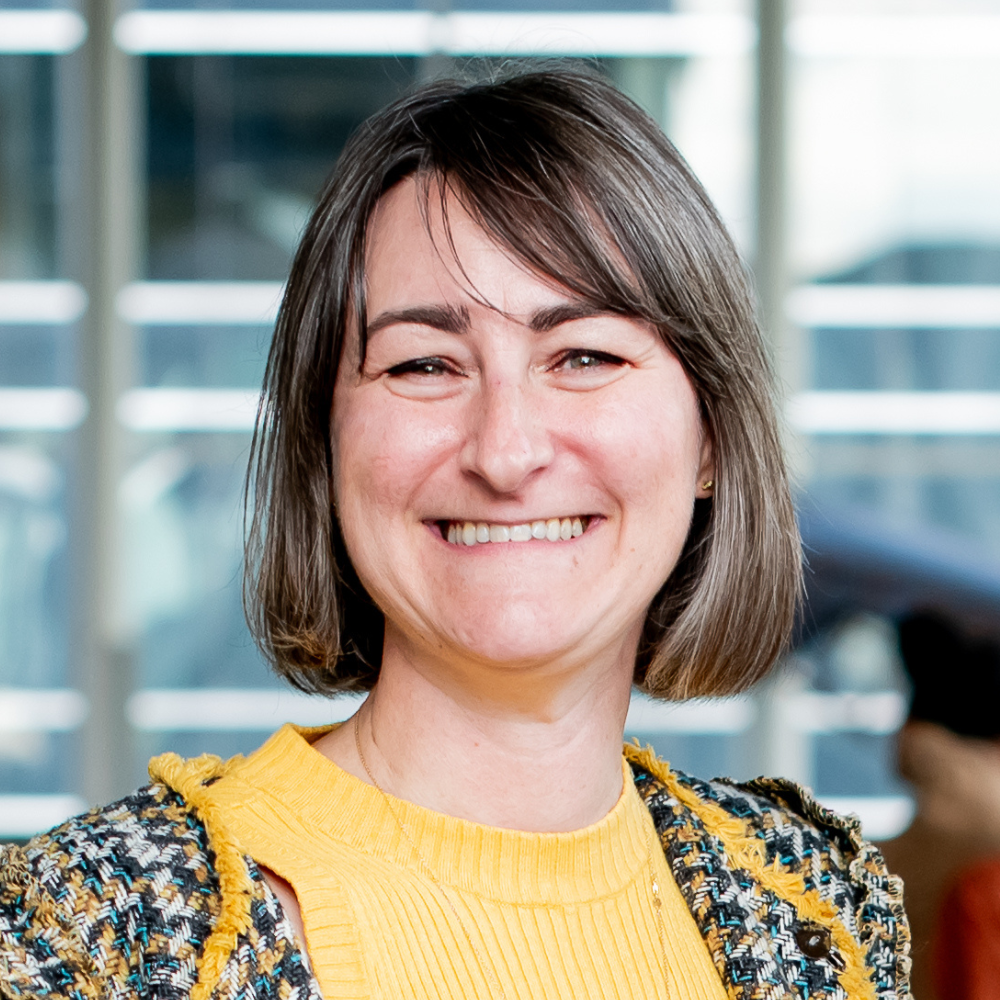
Marianne-Coquelicot Mercier
Project Manager - Circular Textiles, External Consultant - Chroma Conseil
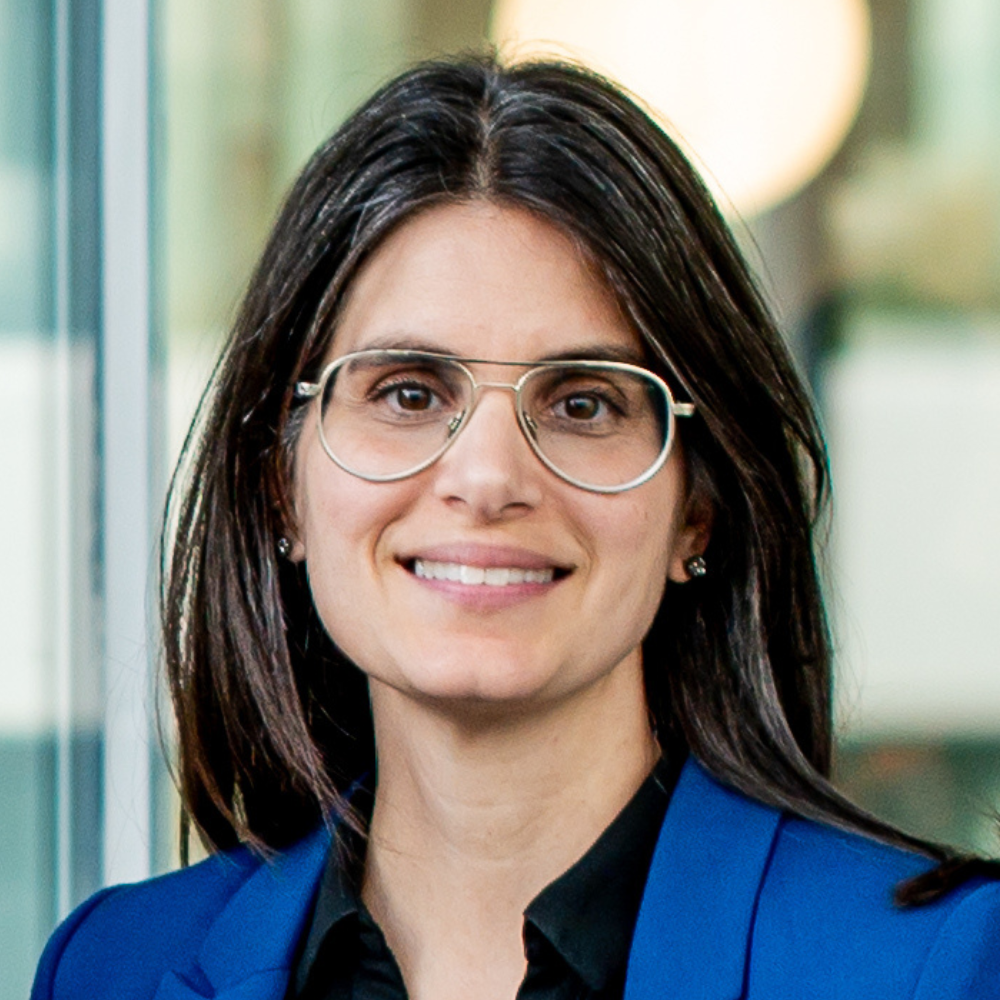
Cathy Baptista
Scientific Coordinator, Québec Circular Economy Research Network
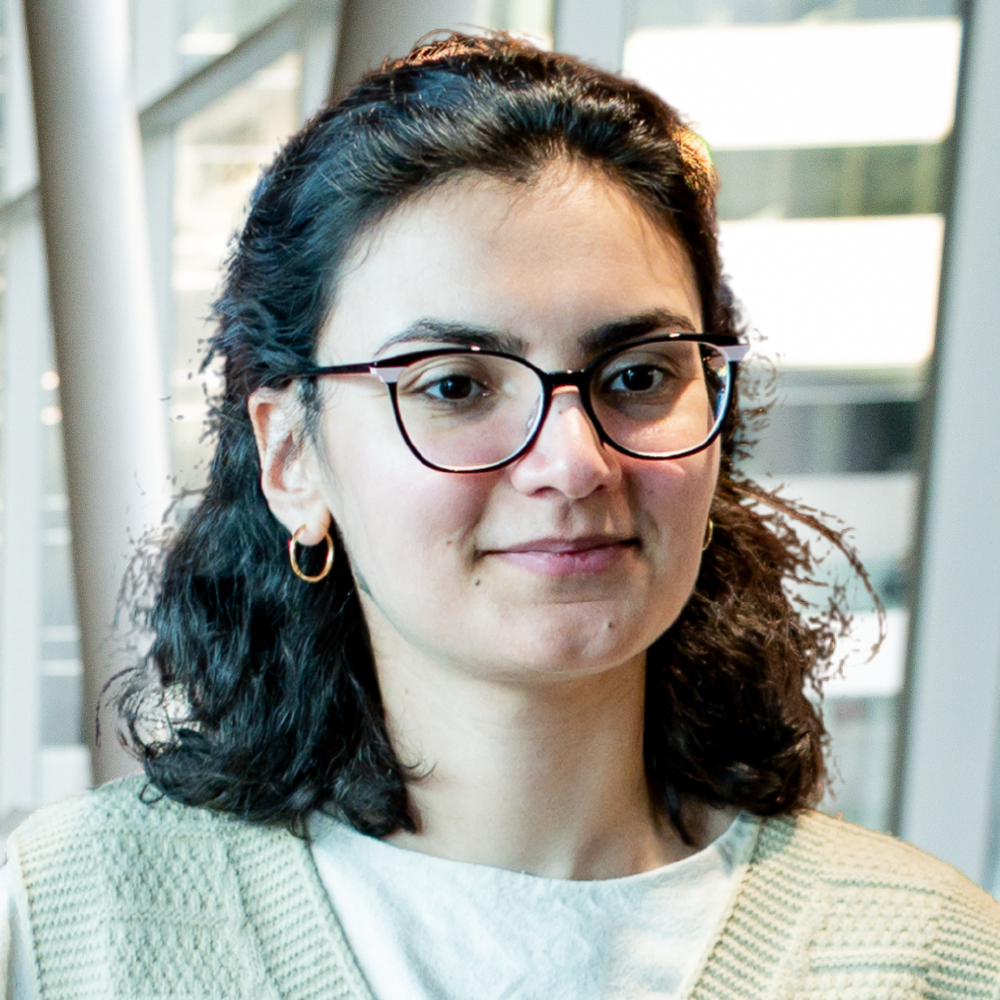
Zahra Hosseini
Postdoctoral researcher, Québec Circular Economy Research Network
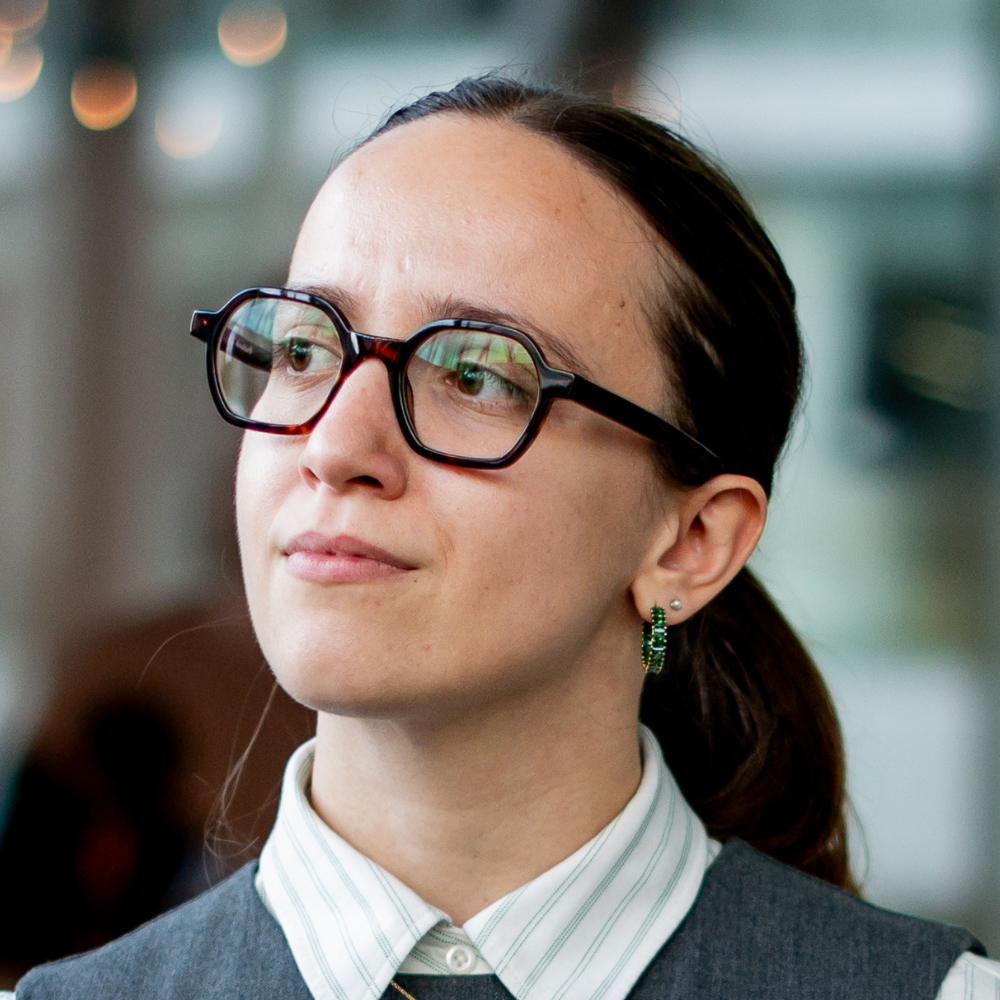
Charlotte Hulin
Project Manager, Québec Circular Economy Research Network
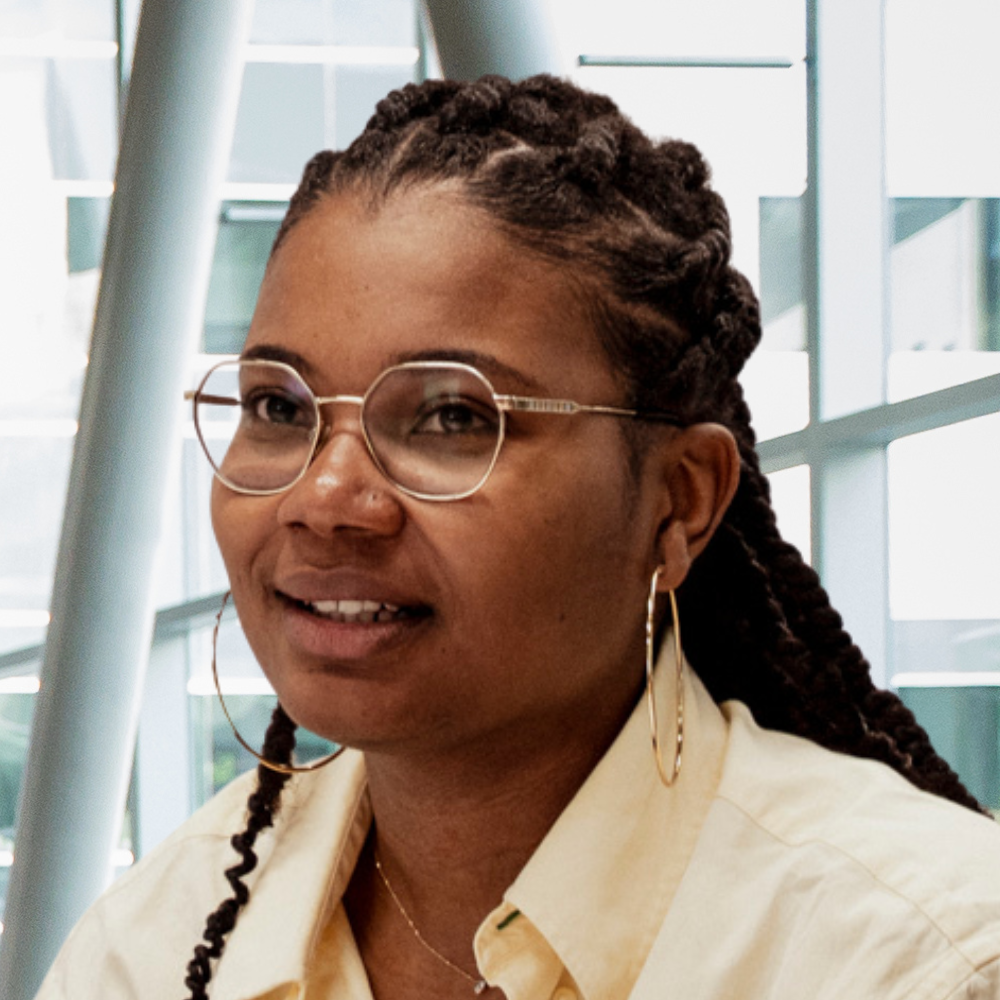
Murielle Palix
Project Manager, Québec Circular Economy Research Network
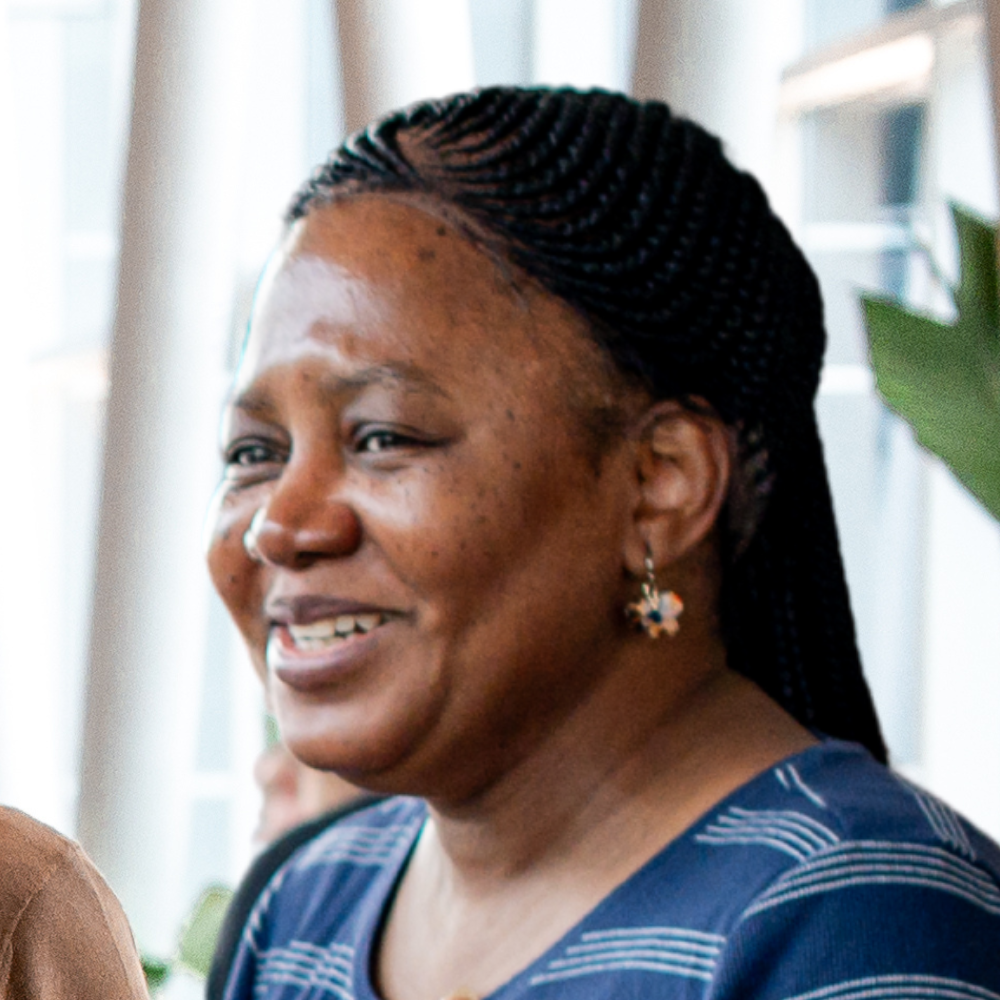
Lydie Yiougo
Research associate, Québec Circular Economy Research Network
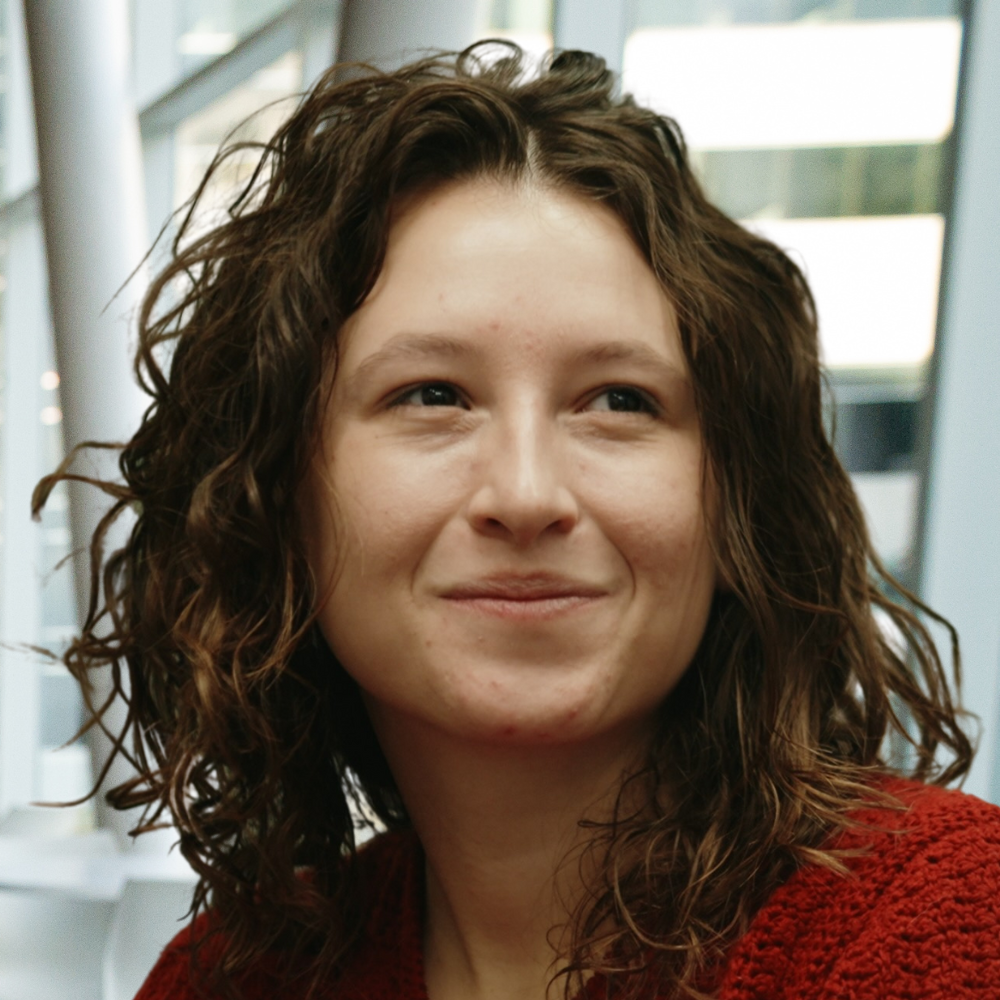
Laura Schmitt
Project Manager, Québec Circular Economy Research Network
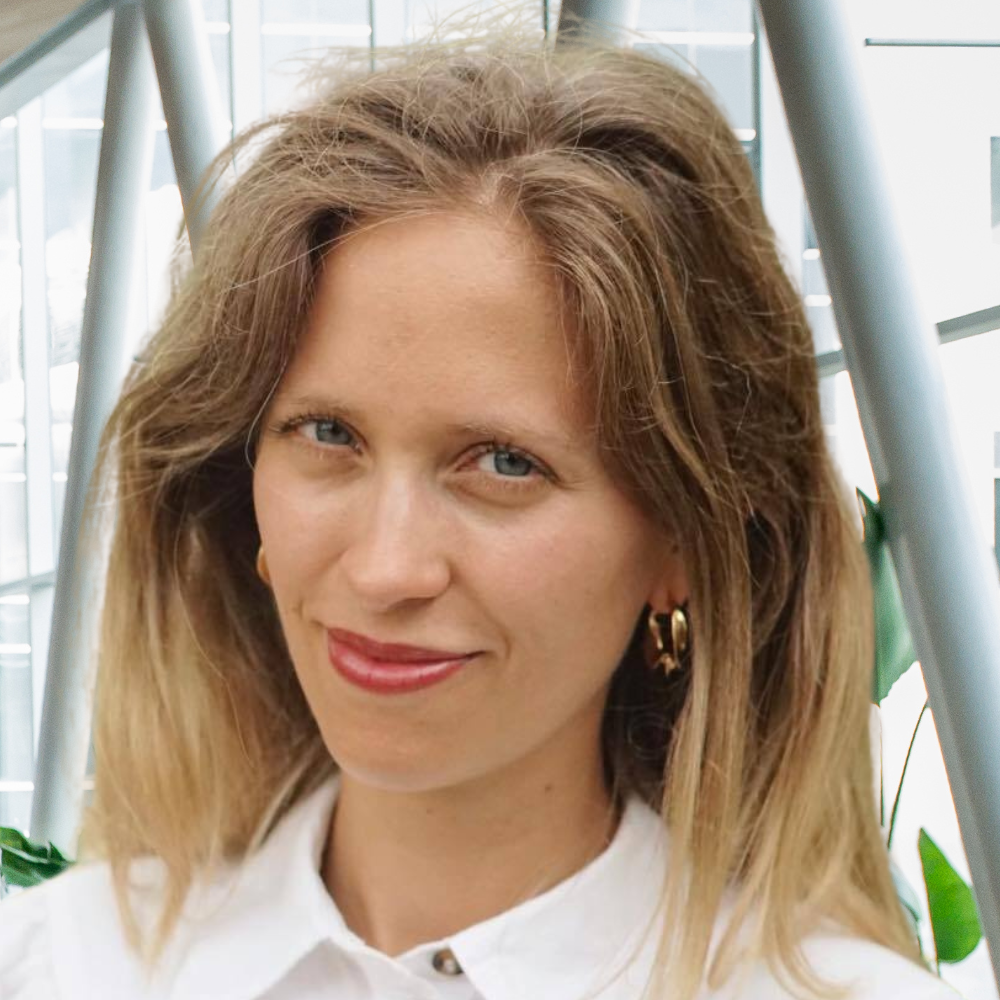
Élise Rucquoi
Project Manager, Québec Circular Economy Research Network

Maël Lahmar
Project Manager, Québec Circular Economy Research Network
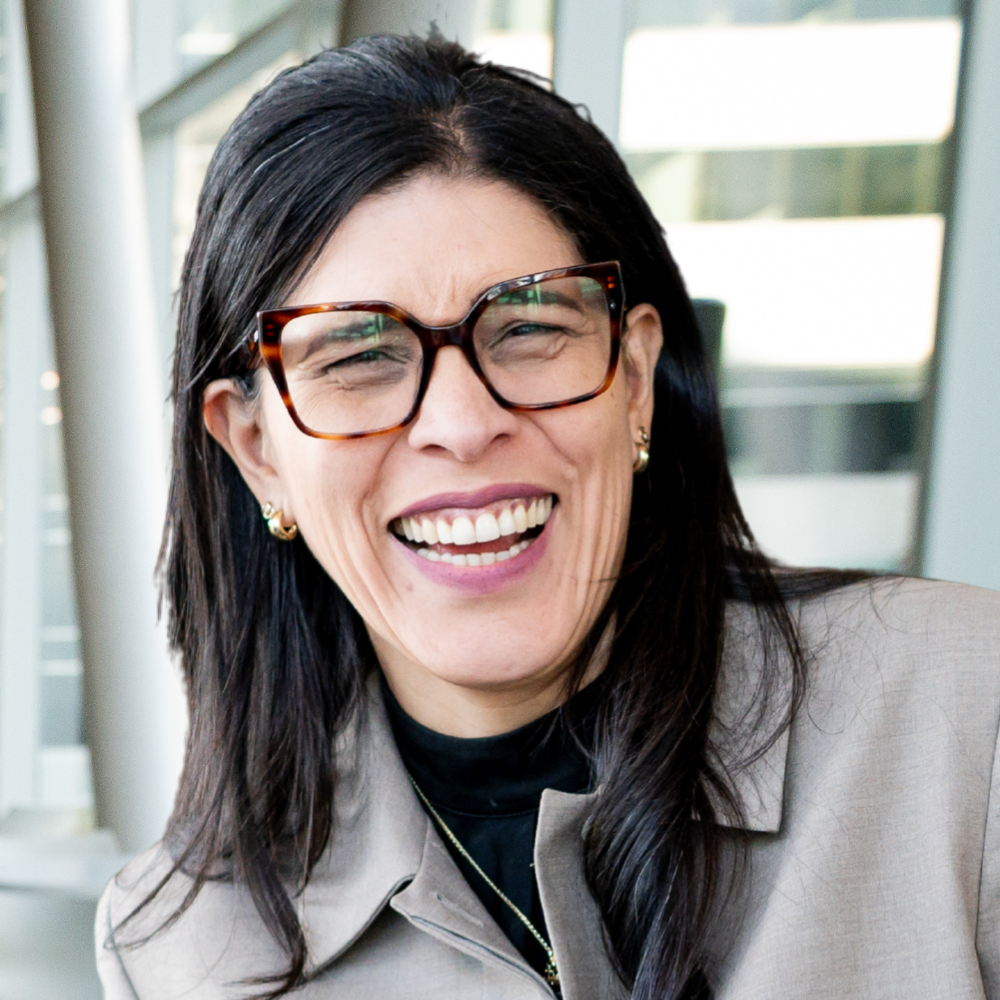
Marlybell Ochoa Miranda
Project Manager, Québec Circular Economy Research Network
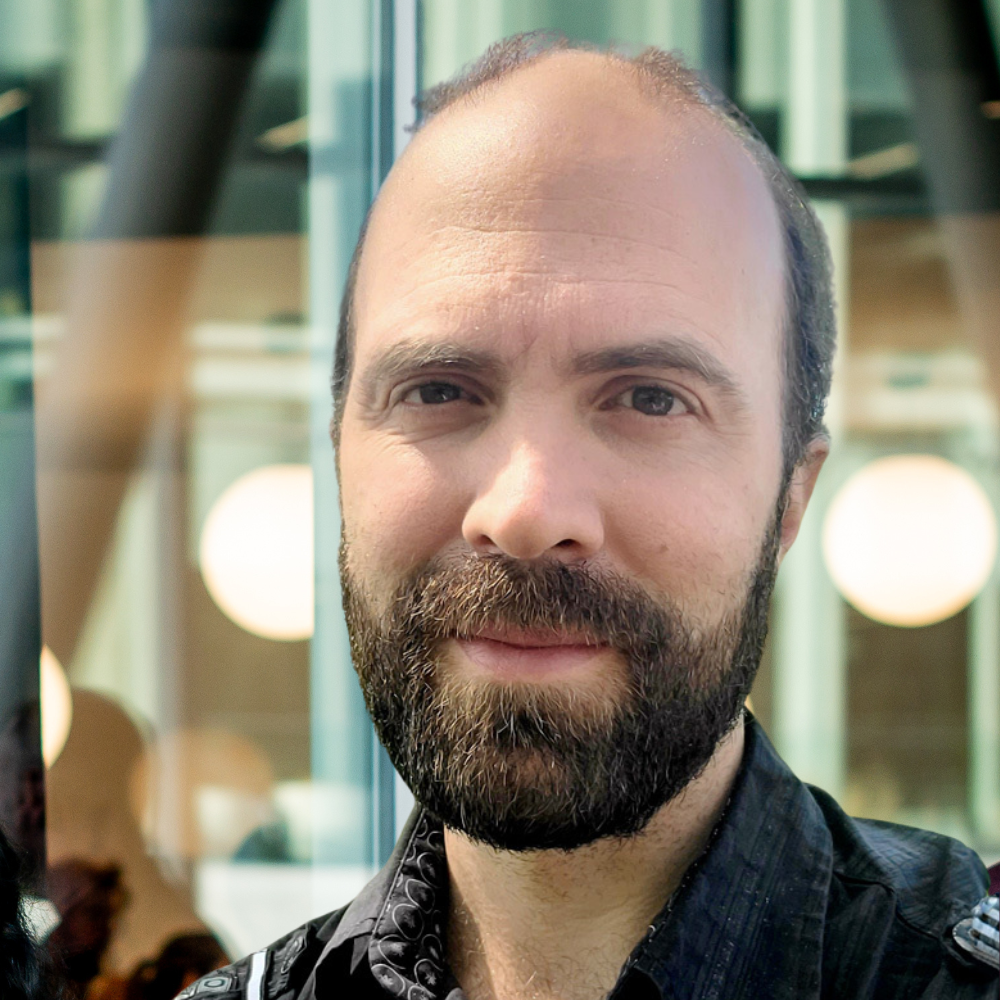
Louis Tanguay
Research associate, Québec Circular Economy Research Network
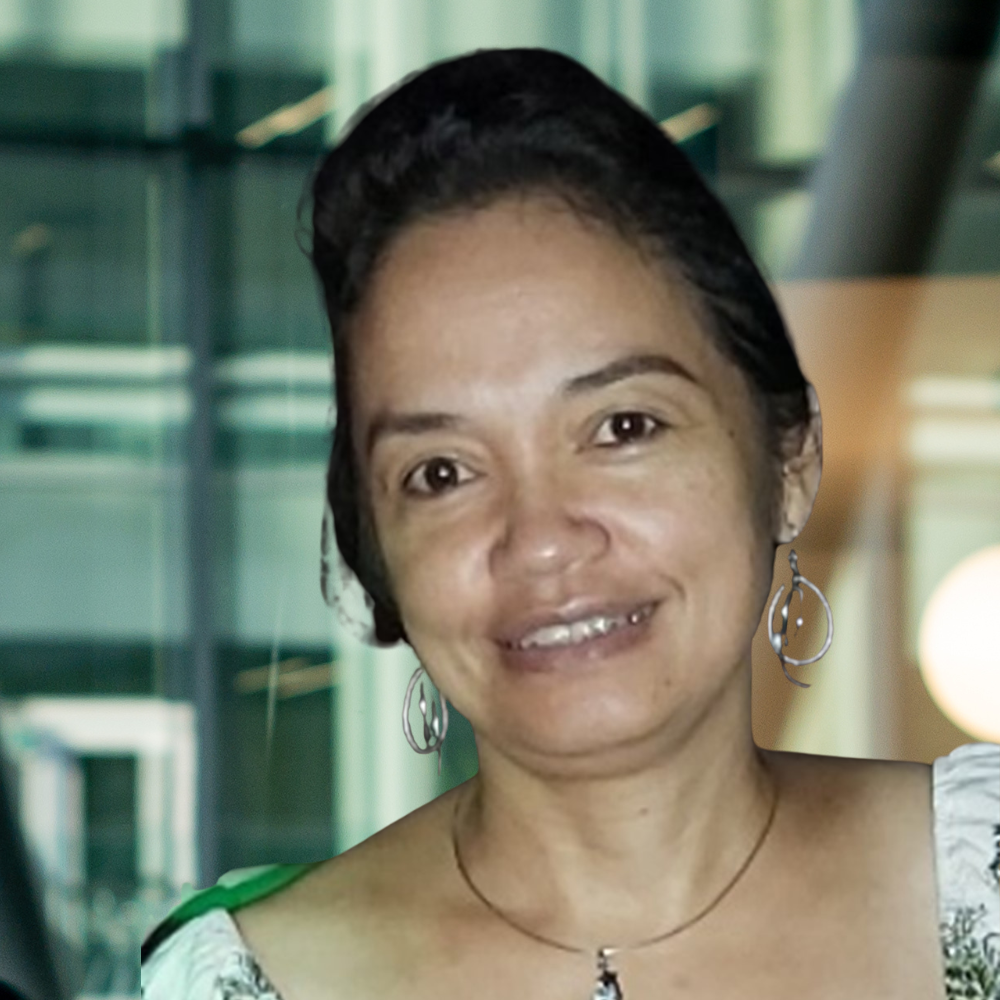
Hanitra Randrianarivelo
Research associate, Québec Circular Economy Research Network
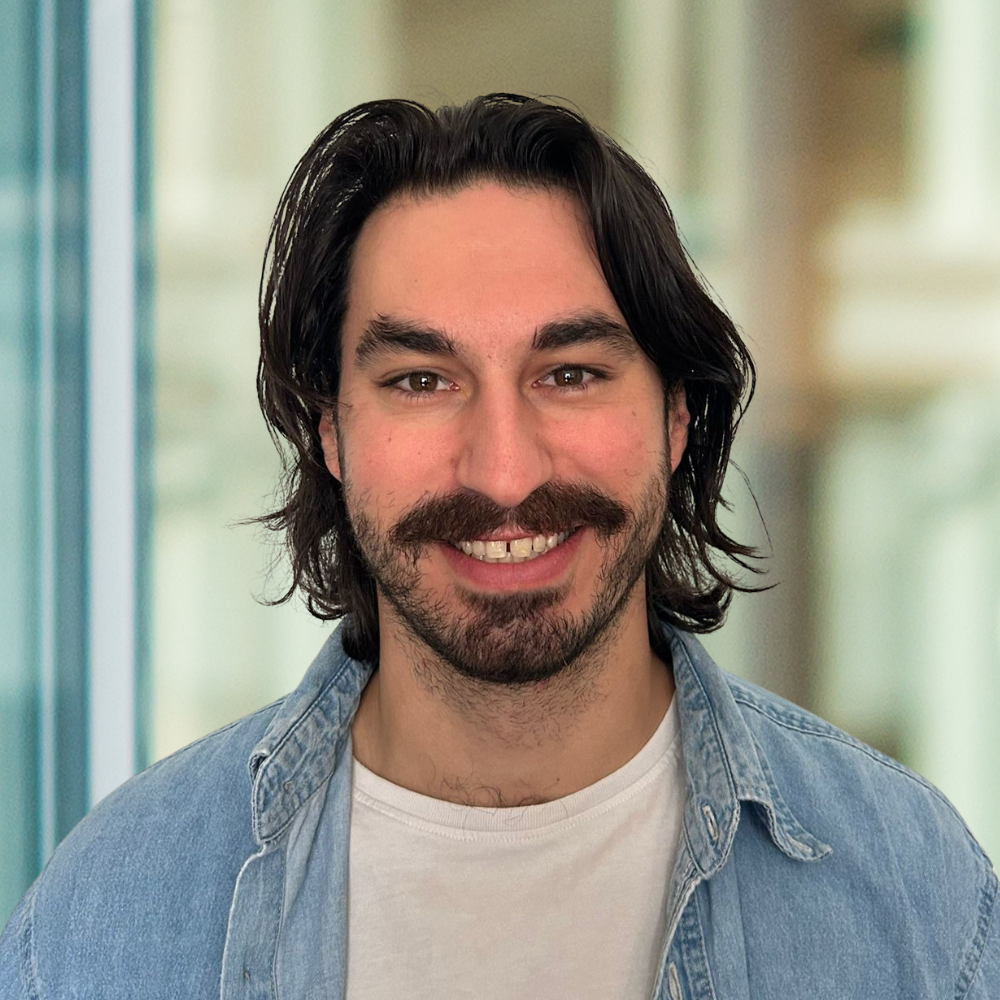
Vivien Tournier
Research associate, Québec Circular Economy Research Network
CERIEC has 46 research professor members from a wide variety of backgrounds and expertise.
- Alain April, professor, Software and Information Technology Engineering Department
- Alan Carter, professor, Construction Engineering Department
- Amin Chaabane, professor, Systems Engineering Department
- Andrew Henderson, professor, Construction Engineering Department
- Annie Levasseur, professor, Construction Engineering Department
- Armin Jabbarzadeh, professor, Systems Engineering Department
- Bora Ung, professor, Electrical Engineering Department
- Claudiane Ouellet-Plamondon, professor, Construction Engineering Department
- Constantine Katsanis, professor, Construction Engineering Department
- Daniel Rousse, professor, Mechanical Engineering Department
- Danielle Monfet, professor, Construction Engineering Department
- David St-Onge, professor, Mechanical Engineering Department
- Didier Haillot, professor, Mechanical Engineering Department
- Diego Ramirez-Cardona, professor, Construction Engineering Department
- Elmira Moosavi, professor, Mechanical Engineering Department
- Emna Helal, research professor, Mechanical Engineering Department
- Éric David, professor, Mechanical Engineering Department
- Éric Lachance-Tremblay, professor, Construction Engineering Department
- Erik Poirier, professor, Construction Engineering Department
- Fausto Errico, professor, Construction Engineering Department
- Gabriel J. Assaf, professor, Construction Engineering Department
- Hany Moustapha, professor, Mechanical Engineering Department
- Ilyass Tabiai, professor, Mechanical Engineering Department
- Ivanka Iordanova, professor, Construction Engineering Department
- Jean-Claude Carret, professeur au Département de génie de la construction
- Jean-François Boland, professeur au Département de génie électrique
- Jean-Pierre Kenné, professor, Mechanical Engineering Department
- Jérémie Voix, professor, Mechanical Engineering Department
- Josiane Nikiema, professor, Construction Engineering Department
- Julia Guérineau, research professor, Systems Engineering Department
- Kim Khoa Nguyen, professor, Electrical Engineering Department
- Lucas Hof, professor, Mechanical Engineering Department
- Martine Dubé, professor, Mechanical Engineering Department
- Mathias Glaus, professor, Construction Engineering Department
- Michael Saidani, professor, Systems Engineering Department
- Michel Vaillancourt, professor, Construction Engineering Department
- Mickael Gardoni, professor, Systems Engineering Department
- Mustapha Ouhimmou, professor, Systems Engineering Department
- Nadjia Kara, professor, Software and Information Technology Engineering Department
- Nicole Demarquette, professor, Mechanical Engineering Department
- Philippe Terrier, teaching professor, General Education Department
- Ricardo Izquierdo, professor, Electrical Engineering Department
- Rim Larbi, professor, Systems Engineering Department
- Robert Hausler, professor, Construction Engineering Department
- Sébastien Lalonde, professor, Mechanical Engineering Department
- Tasseda Boukherroub, professor, Systems Engineering Department
- Yannic Ethier, professor, Construction Engineering Department
Governance
The Scientific Committee’s mandate is to oversee the development and implementation of CERIEC’s scientific programming, in addition to guiding research and teaching activities.
- Annie Levasseur, Scientific Director of CERIEC and professor in the Construction Engineering Department
- Ghyslain Gagnon, Dean of Research at ÉTS
- Daniel Normandin, Director of CERIEC
- Benjamin Laplatte, Assistant Director of CERIEC
- Amin Chaabane, Professor in the Systems Engineering Department
- Tasseda Boukherroub, Professor in the Systems Engineering Department
- Robert Hausler, Professor in the Construction Engineering Department
- Lucas Hof, Professor in the Mechanical Engineering Department
- Nadjia Kara, Professor in the Software and Information Technology Engineering Department
- Danielle Monfet, Professor in the Construction Engineering Department
- Claudiane Ouellet-Plamondon, Professor in the Construction Engineering Department
- Mustapha Ouhimmou, Professor in the Systems Engineering Department
- Ilyass Tabiai, Professor in the Mechanical Engineering Department
- Philippe Terrier, Teaching Professor in the General Education Service
- Bora Ung, Professor in the Electrical Engineering Department
Reporting to the ÉTS Research and Partnerships Directorate, CERIEC is supported by a Steering Committee that ensures its activities are aligned with the strategic priorities of ÉTS and contributes to its growth.
- Christian Casanova, Director of Research and Partnerships
- Michel Huneault, Director of Academic Affairs
- Ghyslain Gagnon, Dean of Research at ÉTS
- Annie Levasseur, Scientific Director of CERIEC and professor in the Construction Engineering Department
- Daniel Normandin, Director of CERIEC
- Benjamin Laplatte, Assistant Director of CERIEC
ÉTS is a Leader in Sustainable Development!
As a teaching and research establishment, ÉTS has long recognized its responsibilities to the next generation, the environment and society. That’s why, in 2008, the School adopted its sustainable development policy. Since then, its concern for the impacts of its activities on the environment, the economy and society has not wavered. And its actions have borne fruit!
